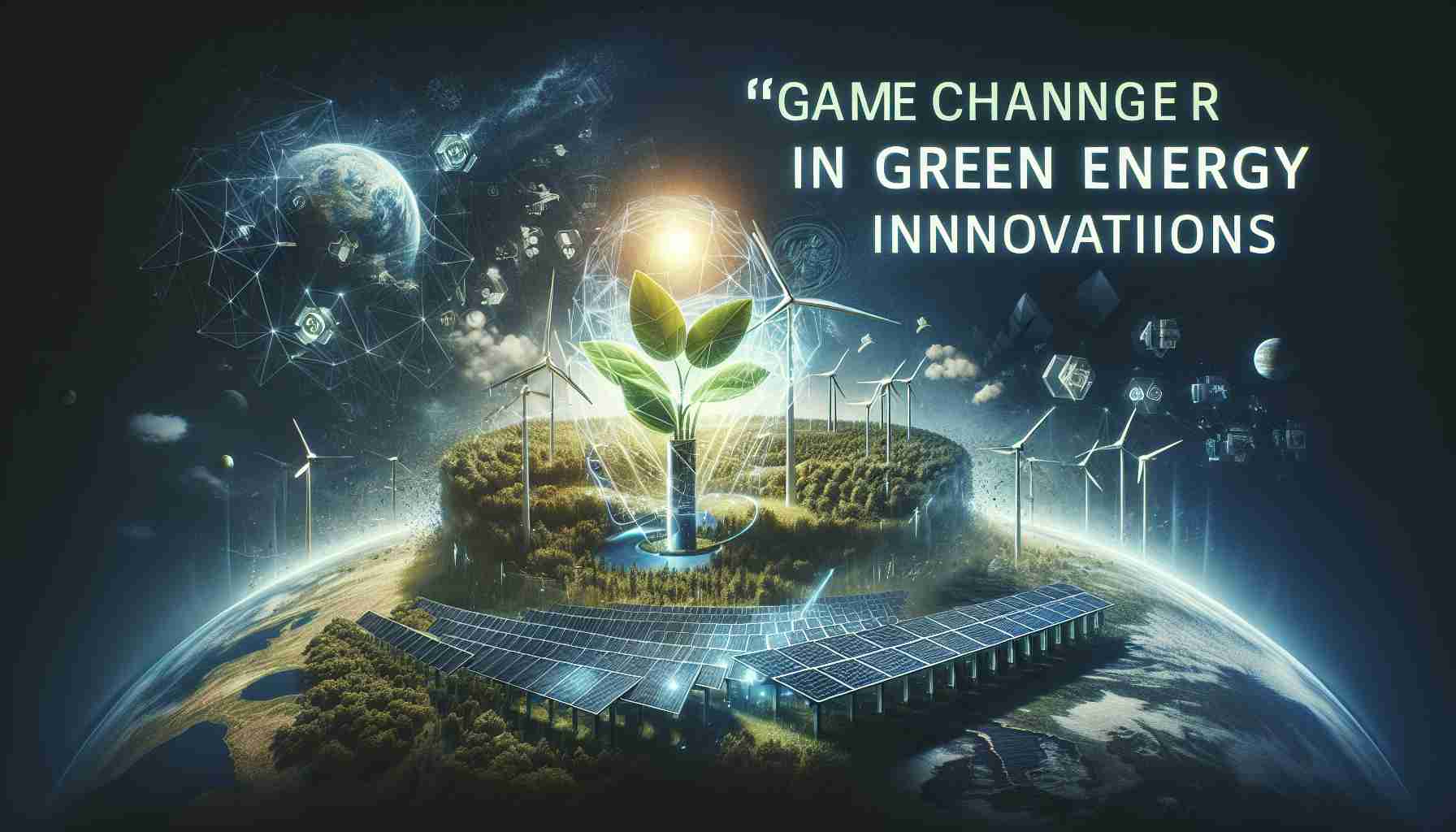Renewable energy initiatives are about to get a significant boost. The government has announced a strategic move to relieve the financial burdens faced by renewable energy projects by removing customs and excise duties on various vital components. This decision specifically targets essential items such as solar panels, inverters, and wind turbines, which play a crucial role in the production of clean energy.
This initiative is designed to lower import costs, making it more financially feasible for companies to invest in cutting-edge green technologies. By completely eliminating taxes on these essential pieces of equipment, the government aims to encourage the widespread adoption of renewable energy sources.
The removal of these duties is expected to pave the way for a more sustainable future, as it allows businesses to allocate their resources more effectively and invest in further innovations. The positive impact on the renewable energy sector could lead to increased job creation and long-term economic benefits.
As companies respond to this new incentive, the transition to a greener economy is anticipated to accelerate rapidly. This bold move reflects the government’s commitment to promoting clean energy usage and highlights the path forward for firms willing to join the renewable revolution. With such supportive measures in place, the horizon looks bright for the expansion of environmentally friendly energy solutions.
Boosting Renewable Energy: Government’s Game-Changer for Green Tech
Renewed Commitment to Renewable Energy
The recent announcement by the government to remove customs and excise duties on essential components for renewable energy projects marks a significant milestone for the industry. This initiative is set to transform the financial landscape for businesses aiming to invest in solar panels, inverters, and wind turbines, ultimately fostering a greener economy.
How it Works: Breaking Down the Benefits
The removal of these financial barriers is designed to achieve several key objectives:
– Lower Import Costs: By eliminating taxes, companies can import renewable energy components at a reduced cost.
– Increased Financial Feasibility: Businesses will be more inclined to invest in advanced technologies, broadening their capacity to enhance and deploy renewable energy solutions effectively.
– Promotion of Sustainable Practices: This government initiative aims to accelerate the transition towards sustainable energy sources across multiple sectors.
Pros and Cons of the Initiative
Pros:
– Encouragement of Investment: A more affordable entry point for renewable technologies.
– Job Creation: Expansion within the sector is expected to generate employment opportunities.
– Innovation Incentives: Companies are likely to invest in research and development for greener technologies.
Cons:
– Market Competition: Established players might dominate the market, making it challenging for new entrants.
– Dependency on Imports: Reliance on imported components may affect local manufacturing capabilities.
Market Predictions and Trends
With the government’s support, analysts project a surge in renewable energy installations. This aligns with global trends toward sustainability where countries strive to meet carbon neutrality targets by investing more significantly in renewable sources. The decision is anticipated to lead to an uptick in domestic manufacturing of renewable technologies, potentially reducing dependency on imports over time.
Use Cases and Innovations
This initiative opens avenues for various sectors to adopt renewable energy solutions more readily, including:
– Commercial Enterprises: Businesses can harness solar energy for operations, reducing overhead costs.
– Residential Projects: Homeowners can invest in solar technology, leading to lower energy bills and increased property value.
– Public Infrastructure: Municipalities may install wind turbines and solar panels to power public services sustainably.
Limitations and Security Aspects
While the announcement is celebrated, there are potential limitations:
– Supply Chain Reliability: Variability in the availability of imported components could hinder project timelines.
– Regulatory Changes: Future policy shifts might affect long-term investments in renewable energy.
Security aspects also come into play, as increased reliance on foreign technologies could expose projects to international trade dynamics and geopolitical tensions.
Conclusion: A Green Horizon Ahead
With this bold initiative, the government underscores its commitment to fostering a renewable energy landscape. The expected economic boost, coupled with diminished barriers for businesses, indicates a promising chapter for clean energy in the coming years. For more insights into renewable energy transformations, visit Renewable Energy World.
